Governor "apoplectic" over theft of Gunpowder!


The only possible ”fly in the ointment” was if Governor Bruere – who bore a remarkable resemblance to our good friend John Dale – would be awakend and be able intercept them during this daring raid, and lo and behold, the Governor showed up at the last minute along with one of his soldiers, and rushed down to the beach in a vain attempt to stop the thieves. Rumour had it the Governor was still suffering the effects of his nightly rum ration as he took a spill in the water trying to catch up with the rowers!
The event was organised by the Bermuda Pilot Gig Club in memory of Maurice Johnson, one of their founder members who was passionate about staging this event but sadly died suddenly in March of this year.
The Royal Gazette carried an excellent article on 18th August, headed “Re-Enactment of 1775 Gunpowder Plot thrills residents” as they reported:-
“The sight of an angry governor marching down to Tobacco Bay in a re-enactment of a dramatic night in Bermuda’s history captivated residents on Saturday.
The replay of the Gunpowder Plot of 1775 received resounding applause as the Bermuda Pilot Gig Club reproduced the daring episode when the island played a significant role in the American War of Independence.
The event marked the 250th anniversary of the infamous event.

The scene — which was narrated by Kristin White, of Long Story Short — involved several dozen men (and women) mooring their boats on the shores of Tobacco Bay with their fingers on their lips to capture the secrecy of the plot.

The men ran uphill and broke into the unguarded ammunition magazine above Tobacco Bay, re-enacting what happened on August 14, 1775.
 Men (and women!) head down to the bay with their barrels of gunpowder
Men (and women!) head down to the bay with their barrels of gunpowder
They then ran downhill with 100 casks of British gunpowder, delivering them to a rebel ship that waited offshore.
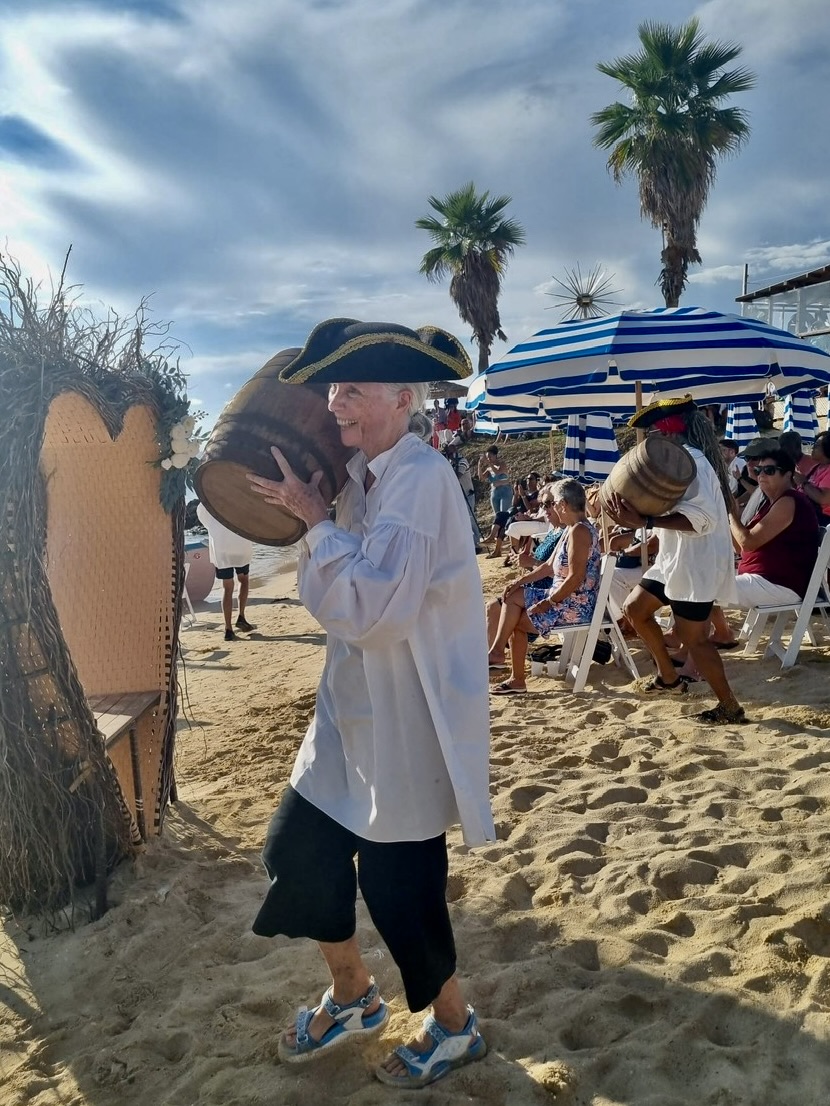 An almost exhausted Rebel Gunpowder Thief!
An almost exhausted Rebel Gunpowder Thief!
The operation was thought to have been co-ordinated by Colonel Henry Tucker with the knowledge of rebel leaders such as Benjamin Franklin.
The stolen powder made it to the Continental Army led George Washington, providing much needed munitions for key US engagements, notably in Boston, Massachusetts and Charleston.
At Saturday’s event, George Bruere, the Governor, played by John Dale, rushed down the slope towards Tobacco Bay, calling the theft “a most atrocious” and “heinous crime”, as spectators looked on in glee.

He shouted angrily at the men, ran on to the beach and tried to board a small boat but fell overboard. He failed to catch the thieves who by this time were way offshore with the gunpowder.

CLICK HERE for the full report in the Royal Gazette.
BERNEWS also provided excellent coverage of the Gunpowder Plot Re-enactment including an album of photos and a video. CLICK HERE to view the BERNEWS article.

Despite Governor Bruere being furious over the theft of his gunpowder 250 years ago and accusing the culprits of disloyalty and treason in supplying it to the Continental Army led by George Washington, our present Governor H.E. Andrew Murdoch attended this re-enactment of the Gunpowder Plot along with the U.S. Consul General Antoinette Hurtado, and it appears that all has since been forgiven!


SUPERB VIDEO OF ALL THE ACTION - Since first publishing this article I discovered a superb video recording of the re-enactment produced by Mo Hamza which shows all the action at the scene of the Gunpowder Plot re-enactment as it takes place, including stunning shots taken from overhead by a drone camera. Mo Hamza has very kindly given permission for us to provide the following link to his video which is a "must see" for this special event. We understand that Mo is available to provide his services for special occasions and events here in Bermuda. CLICK HERE to view the video.

Letter of Thanks from George Washington - For anyone interested in learning more about the veracity of our Gunpowder Plot we highly recommend that you read an excellent article, "The Legendary Gunpowder Conspiracy of 1775" published in the Bermudian Magazine which includes a personal letter of thanks from George Washington to "The Inhabitants of the Island of Bermuda" dated 6th September 1775. CLICK HERE to view the article.
Editors Note - Our good friend and former colleague, retired Inspector John Dale, has been actively involved in local theatrics since at least 1976 when he performed at City Hall Theatre in the Gilbert and Sullivan Society production of "Riddigore" along with a contingent of fellow police officers. CLICK HERE to view our ExPo website article, "Police Thespians On Stage", along with a photo of the police members of the cast and crew of "Ruddigore."

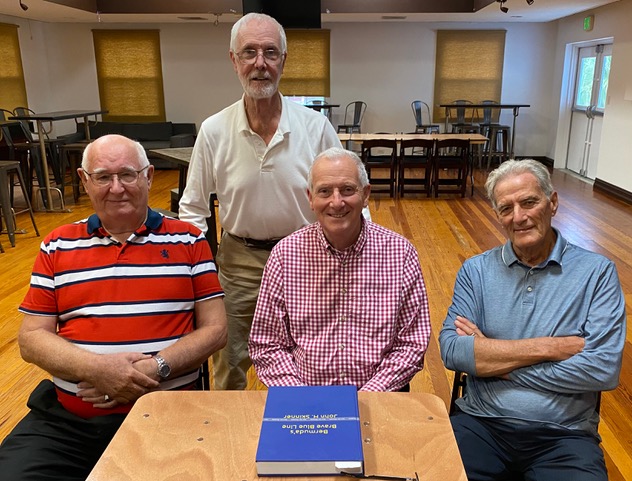


 Thursday afternoon Get Together - Mariners Club
Thursday afternoon Get Together - Mariners Club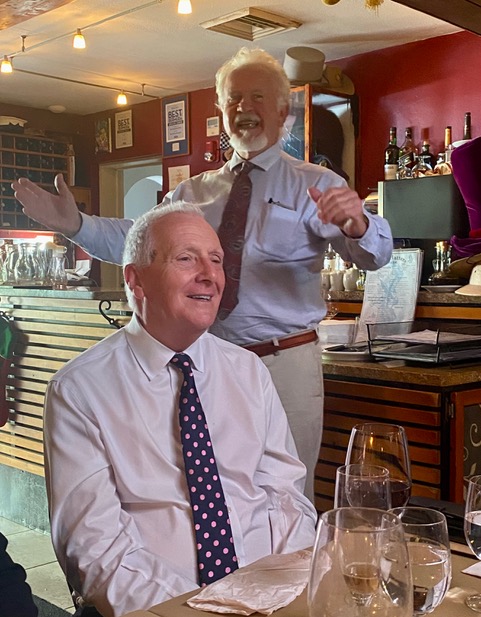 John serenades Joe Tildesley with
John serenades Joe Tildesley with Retired Superintendent George Barnsley
Retired Superintendent George Barnsley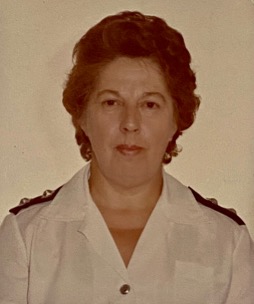 Inspector Isabella “Isobel” Lee
Inspector Isabella “Isobel” Lee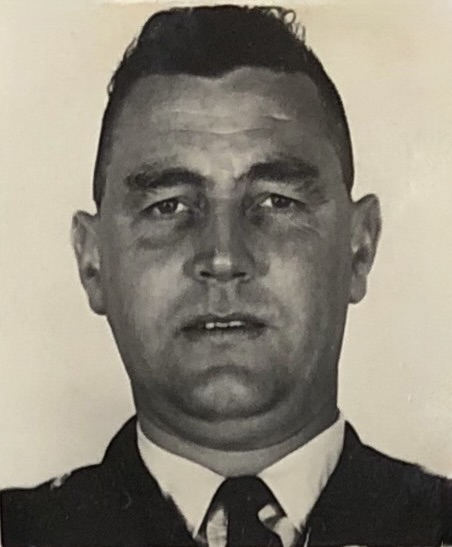 Sergeant Walter “Walt” Sneddon
Sergeant Walter “Walt” Sneddon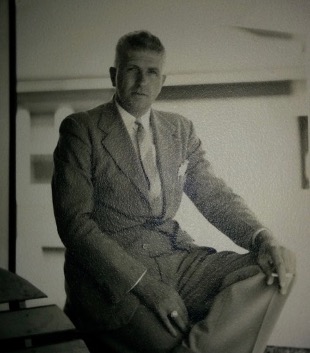 Inspector John Brown
Inspector John Brown